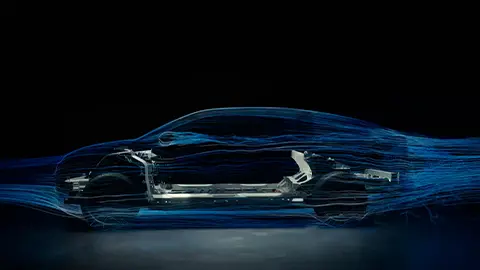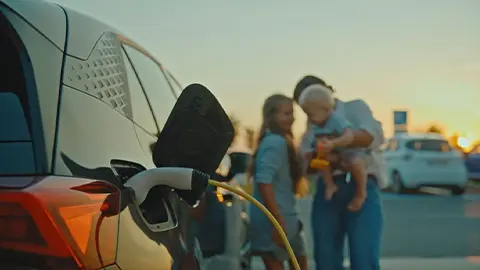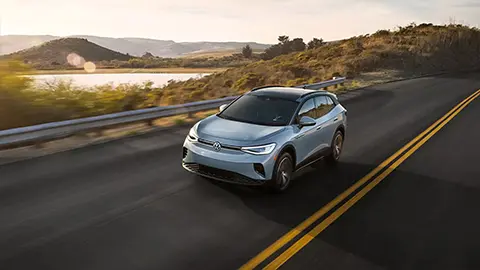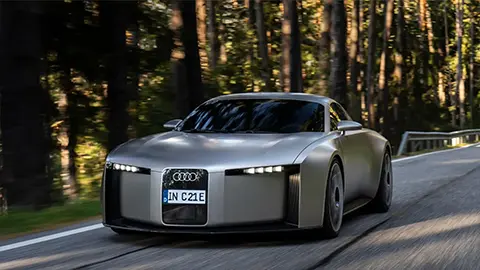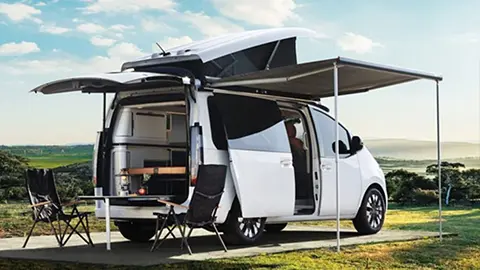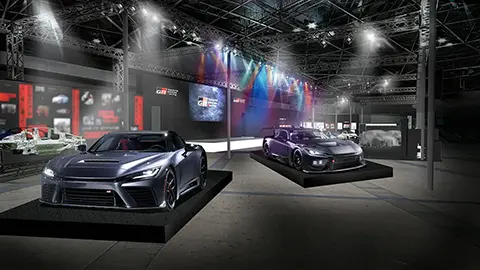Key Highlights – Ford’s $30K EV Pickup
💰 Starting Price: Around $30,000 MSRP
🛻 Size: Maverick-style mid-size, roomier than Toyota RAV4
🔋 Platform: Universal EV system with 20% fewer parts
⚡ Performance: 0–60 mph in 4.5 seconds, 400-volt architecture
🔧 Efficiency: Shorter wiring harness, lighter structure
🏭 Production: Built in Louisville, KY, starting 2027, 2028 model year
Ford’s Universal EV Platform: Simple, Fast, and Affordable
We recently reported on Ford Motor Company’s electric “Model T” revolution called its Universal EV platform. The idea is to rework how the company will build a new line of all-electric vehicles. Now, the Blue Oval has revealed its first EV in this program will be a smart Maverick sized pickup truck with a starting MSRP around $30K.
Mid-sized Marvel
Ford calls the new five-seater stallion a mid-size truck but adds it will have more cabin space thanks to its electric architecture, saying it will have more passenger room than the popular Toyota RAV4 not including the truck’s frunk and cargo bed.
This affordable EV pickup will be based on Ford’s 400-volt platform which it calls “the right choice” for the vehicle’s size and low starting price. Plans are for it to include Ford’s hands-free driving system known as BlueCruise and the truck will also be capable of receiving over-the-air updates.
Ford tells us the mid-size truck will be able to be sold at around $30K MSRP thanks to the automaker’s Universal EV platform which has 20 percent fewer parts and uses 25 percent fewer fasteners compared to a traditional Ford product.
Keep it Simple
The idea here is to keep everything simple in order to minimize costs. For instance, the truck’s wiring harness is 4,000 feet shorter and 22 pounds lighter than the unit Ford uses in its Mustang Mach-E.
Additional savings comes from using lithium-iron-phosphate (LFP) batteries which are cheaper, use less expensive raw materials, and are less expensive to maintain. LFP batteries save weight and space, plus iron and phosphate is more abundant and cheaper to source than nickel, cobalt, and manganese.
The new battery pack forms a structural subassembly as the vehicle’s floor, keeping the weight low for better performance. Speaking of, this mid-size marvel plans on being plenty quick. Ford is estimating it will do zero to 60 mph in just 4.5 seconds.
Universal EV Language
What we are seeing with this truck and all the other vehicles that will come from Ford’s Universal EV platform is that the automaker is rethinking how it builds cars from the ground up. It is substituting its classic assembly line with what it is calling an “assembly tree.”
Three-sub assemblies running at the same time will meet up down the line. The front and rear subframes of each vehicle will be built separately and then be linked to a third sub-assembly for the battery pack.
Factory operators will have kits that include all the various power tools, parts and fasteners needed for a specific task for more efficient assembly. Ford says the new system will make assembly 15 percent faster and require 40 percent fewer workstations to get the job done.
When Can You Get One?
Ford tells us it is planning to use its Universal EV platform to create “everything from vans to three-row SUVs down to B-segment vehicles.” Like this first mid-sized EV pickup effort, all will be built at Ford’s Louisville, Kentucky, Assembly Plant starting in 2027. The new $30K MSRP EV pickup truck should be in showrooms as a 2028 model.
🔋 EV Innovation & Market Trends
- Ford’s Hybrid Mustang Could Arrive Soon Amid Hybrid Sales Growth
Ford explores a hybrid Mustang as buyers turn toward affordable performance hybrids.
Read More ➜ - Hybrid Vehicles Claim Bigger Market Share in 2025
Hybrids now represent over 22% of U.S. new vehicle sales, showing consumer demand for efficiency.
Read More ➜ - EV Battery Basics: Care and Longevity
How LFP and lithium-ion batteries work, age, and impact EV affordability.
Read More ➜







